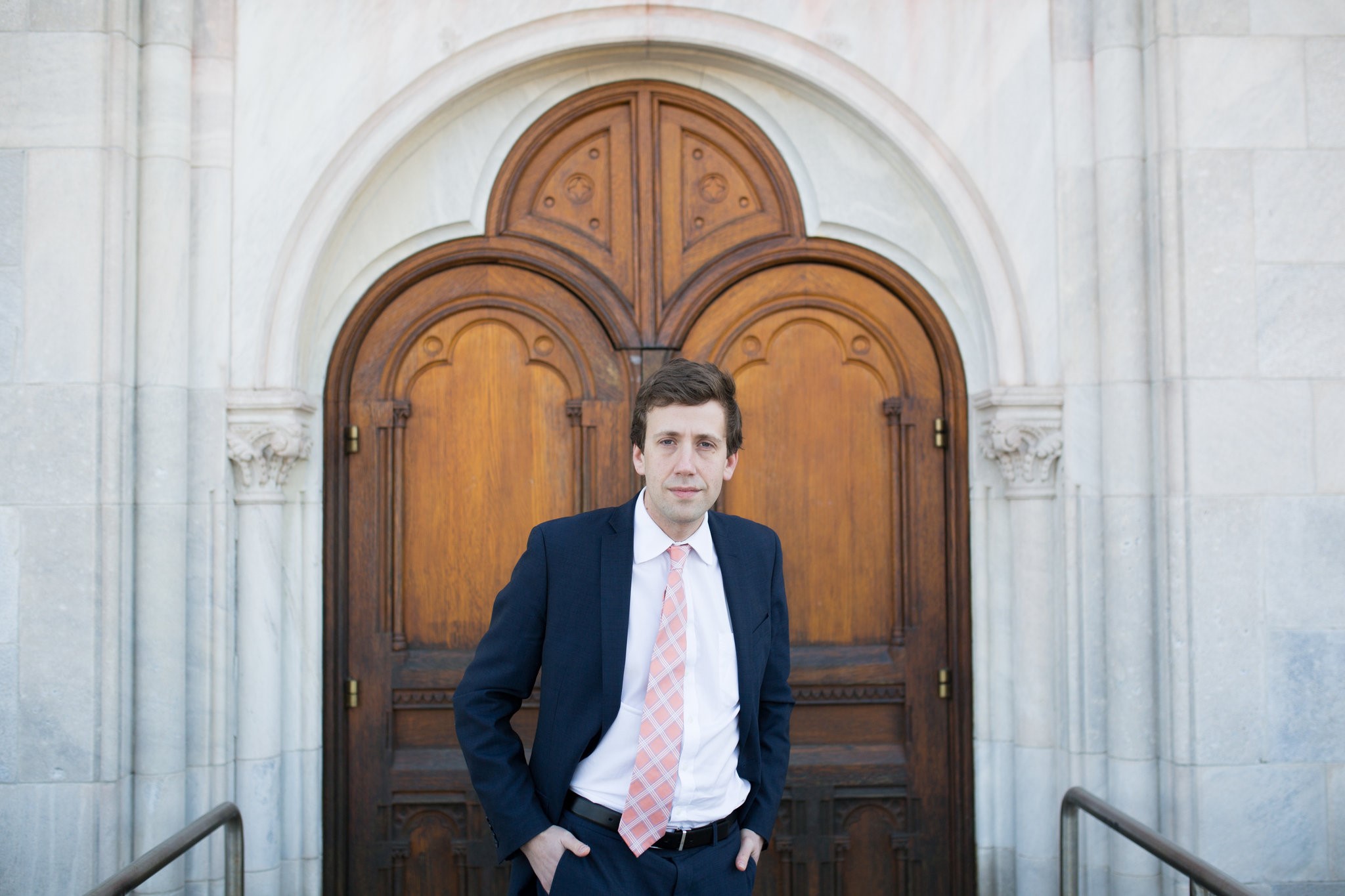One of the things that most people forget about fee disclosure as it pertains to retirement plans is that it’s only applicable to ERISA based retirement plans. So non-ERISA 403(b) plans have no fee disclosure requirements and it’s sad when you consider that the non-ERISA 403(b) space is dominated by expensive insurance based providers. Teachers, who are always revered and loved are the ones most affected because school district 403(b) plans fall under that non-ERISA 403(b) label.
Teachers suffer an undue burden since most school districts offer multiple providers, so that competition actually increases cost because the providers have to compete assets.
Steve Schullo a former Los Angeles teacher is one of the leading advocates for teachers and the high fees they pay in their 403(b) plan. His work with the Los Angeles Unified School District was ahead of its time. Speaking about being ahead of its time, Connecticut made some welcome news that is cutting edge.
A new Connecticut law will increase transparency on fees and potential conflicts of interests covering non-ERISA 403(b) plans, putting them close to the same requirements that ERISA plans have to meet.
The law (proposed by State Representative Matthew Lesser) requires that a “political subdivision” — such as a school district that offers a 403(b) plan must disclose the fee ratio and return, net of fees, for each investment to each participant.
The law also requires that plans disclose “fees paid to any person who, for compensation, engages in the business of providing investment advice to participants in the retirement plan either directly or indirectly through publications or writings.” All disclosures must be made to participants annually and when they initially enroll in the plan.
Hopefully, more states will follow in providing protection to those enrolled in non-403(b) plans.







